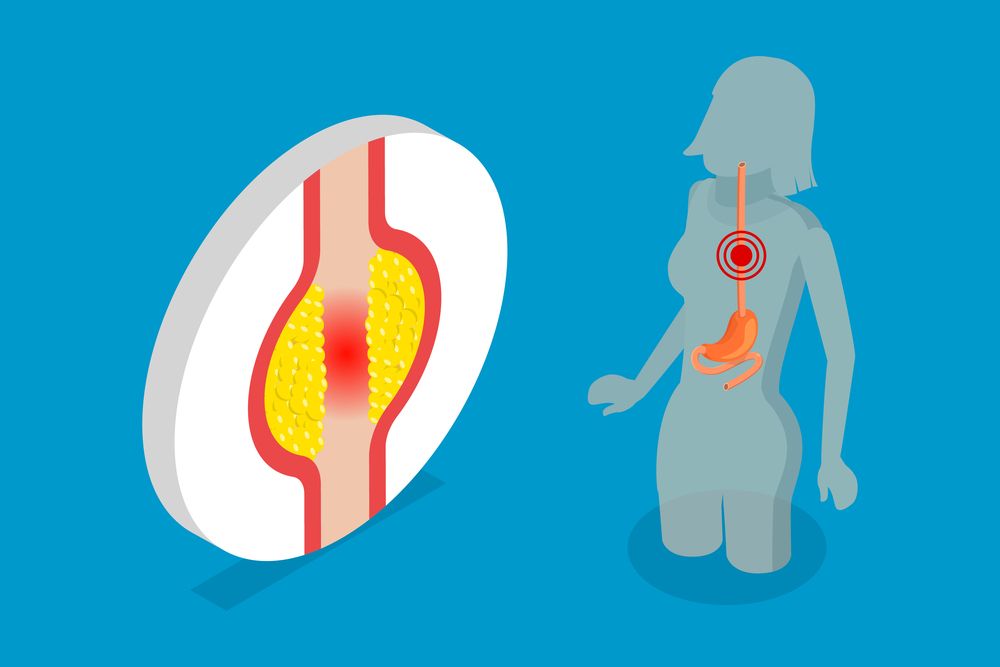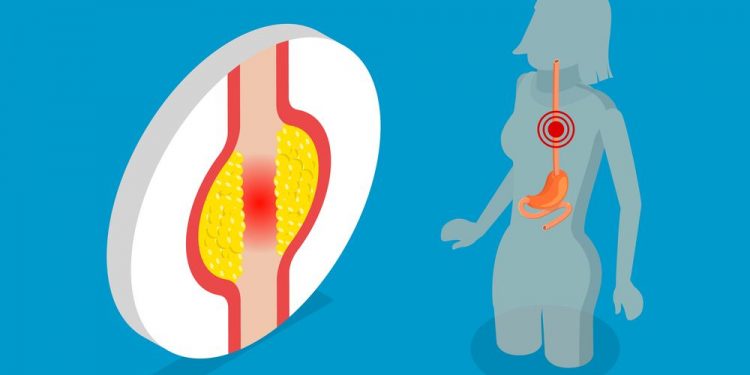Some symptoms may be caused by conditions other than oesophageal cancer, and it’s important to tell your doctor about any new or unusual symptoms. But if they’re caused by oesophageal cancer, getting treatment early can help reduce the chances of the tumour spreading.
The most common symptom is difficulty swallowing, which starts gradually and gets worse over time. It can feel like food is stuck in the throat, or that you are choking. Some people find they are unable to eat solid food and switch to a liquid diet.
This type of cancer can also cause a cough that feels like you’re breathing through a straw. And it can lead to weight loss because you’re not eating enough.
Other symptoms include a hoarse voice or a feeling that your throat is scratchy. If the cancer spreads to the lungs, it can cause chest pain and shortness of breath. And if it goes into the liver, you may have pain or swelling in your abdomen (abdomen). If the cancer has spread to your lymph nodes, you may have fever, headaches or tiredness.
Your GP will ask about your symptoms and do a physical exam of your neck and tummy. They will also ask about your past health, including whether you smoke and what medicines you take. If they think you might have oesophageal cancer, they will refer you to hospital for more tests.

At hospital, you might have an x-ray or CT scan to check the size of your esophagus and see whether there are any signs of the cancer in it. You might have a biopsy, in which a small amount of tissue is removed so it can be viewed under a microscope for signs of cancer. This is usually done during an oesophageoscopy, but sometimes when the cancer is very advanced it might be too hard to remove with surgery and you might have a biopsy using a special dye that highlights the area.
You might have a gastroscopy to look inside your throat and stomach, with a thin tube called an endoscope. This is used to check for any lumps or other changes to the lining of your oesophagus, and it can also be used to remove smaller tumours.
Your doctor might also use a technique called laser ablation to destroy a tumour in your oesophagus without having to remove the whole oesophagus. In some cases, a surgeon might use a laser to remove the upper part of your stomach and the lower part of your oesophagus (oesophagectomy).
If your cancer has not spread, treatment will depend on the stage of your oesophageal cancer and whether it can be removed with surgery. Your treatment plan will be discussed at a meeting with your doctors, known as a multidisciplinary team. This will include a specialist in gastroenterology, an oncologist and other specialists who might be needed for your care. You might also be seen by a speech and language therapist or nurse, depending on your needs.









